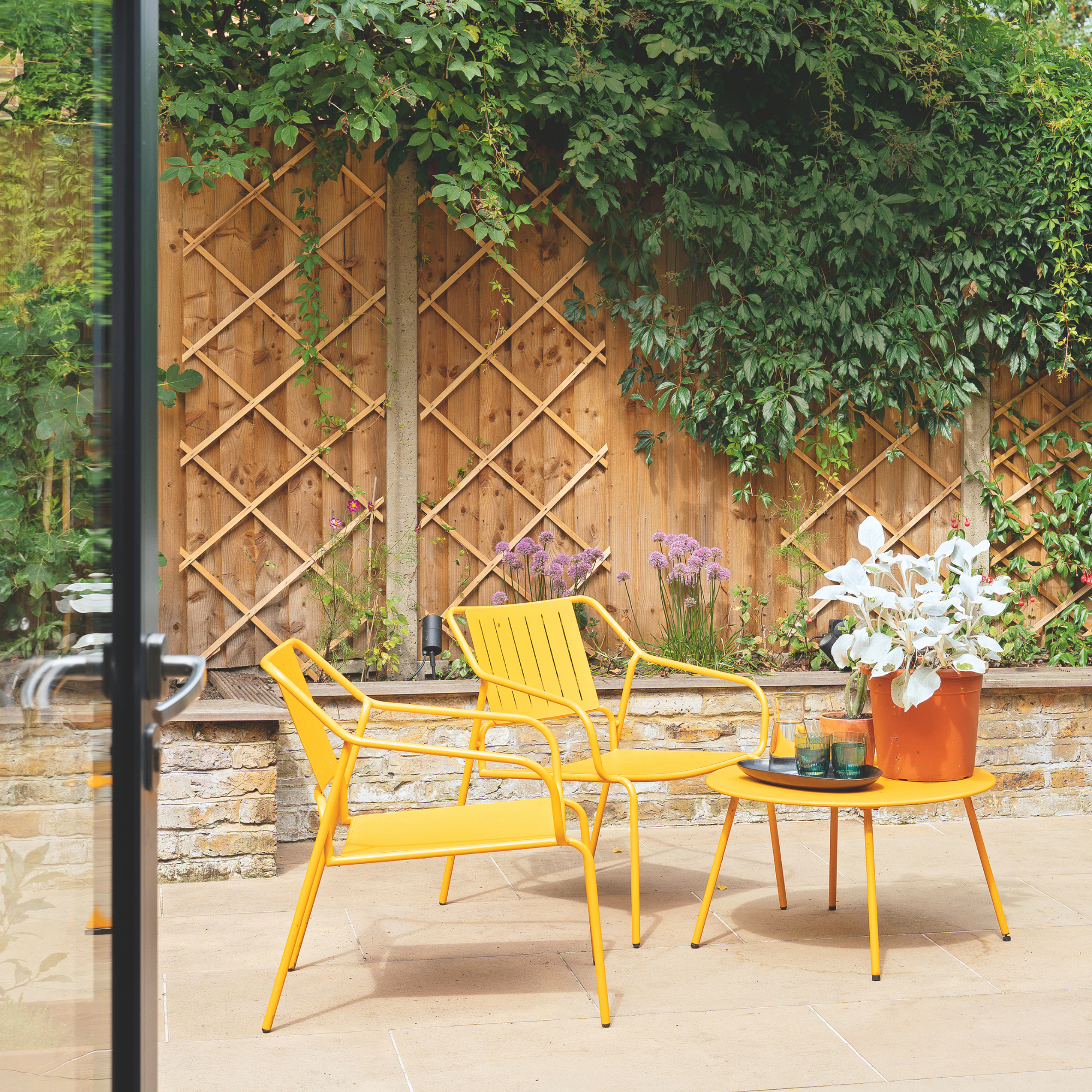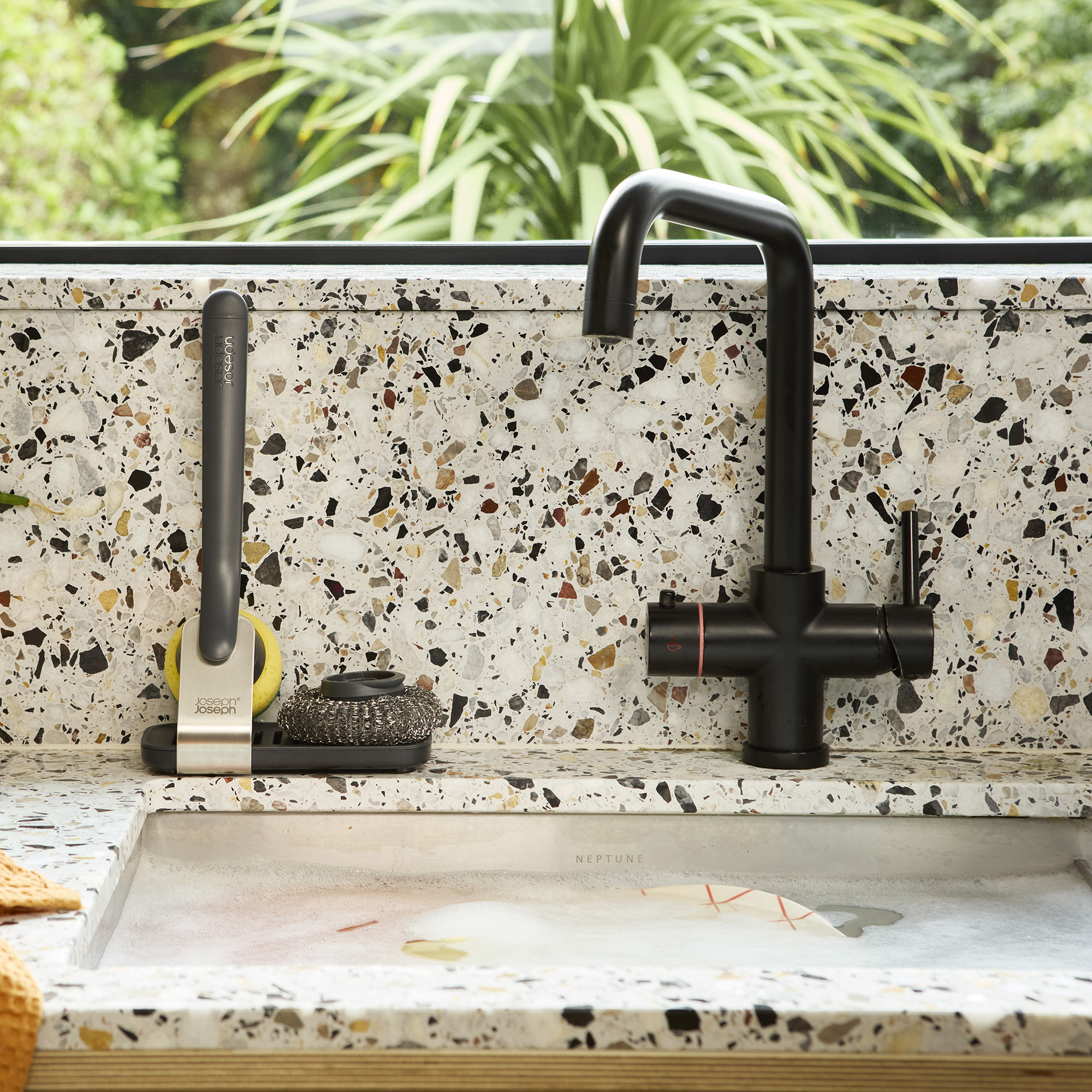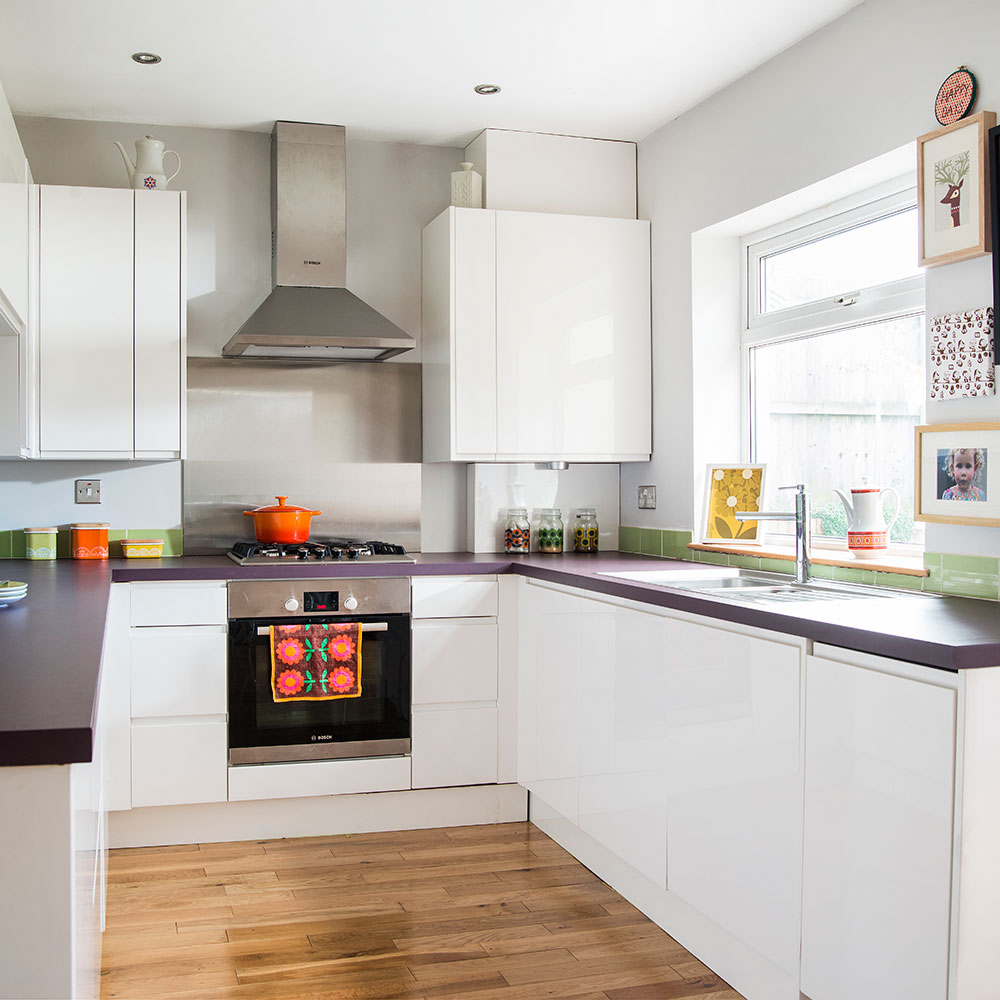Roof insurance: everything you need to know about protecting your roof
If your roof is damaged, for example because of a storm, then you could face a significant repair bill. But do you need specialist roof insurance? We outline everything you need to know about getting the right insurance in place
The fear of costly damage to your roof may leave you wondering whether you need specialist roof insurance. This guide explains everything you need to know about what your home insurance will cover and when you need to speak to your insurer about any non-standard features.
A buildings insurance policy will cover your home’s roof. So, if something happens to it – for example, tiles fall off in a storm or a tree falls onto it – you’ll be covered for repairs. You’ll also be covered in certain circumstances if your roof leaks and this causes damage to your home or possessions.
If you live in a typical house the chances are that your roof is built with conventional materials, such as tiles or slate, and described by insurers as ‘standard’.
But if you have a ‘non-standard’ roof, you’ll need to tell your insurer about it.
Non-standard roofs include:
- Flat roofs
- Thatched roofs
- Glass
- Metal
Chelsea Shakespeare, household underwriting manager, at Adrian Flux, says: 'More people are swapping to modern designs and materials which last longer, are environmentally friendly and look great so need to approach a non-standard insurer, or broker, if they want to find it easier and more cost effective to get the appropriate type of cover.'
What is roof insurance?
Roof insurance forms part of your building's insurance policy and pays for repairs to any damage to the roof caused by a specific event, such as fire, vandalism, a storm or lightning. It also pays for any related damage to the structure of your home, such as problems caused by water coming in through the roof.
Andrew Cheney, chief risk and valuation advisor at Hiscox, says: 'There are a number of factors that an insurer will need to take into account before providing cover for different styles of roofs as well as considerations that may affect the insurance premium that you pay.'
Get the Ideal Home Newsletter
Sign up to our newsletter for style and decor inspiration, house makeovers, project advice and more.
The type of roof matters because it all comes down to the risk of damage and potential cost and repair time associated as far as the insurer is concerned, explains Chelsea. 'It’s extremely important that a homeowner discloses the correct roof so the company covering it can ensure they are equipped and prepared to restore or replace any damage so they can get their customer’s home back to normal as soon as possible.'
You’ll always have to pay an excess on a roof insurance claim – this is the part of a claim you have to pay yourself – so you won’t get 100% of the cost of the repairs paid for. You set the size of the excess when you take out your policy; the higher it is, the cheaper the overall policy will be. However, it does mean that in the event of making a claim you’ll have to make a bigger contribution towards the repair costs.
Anything caused by wear and tear, such as the nails in your roof corroding over time, isn’t covered. You may also risk being unable to claim on your cover if you haven’t properly maintained your roof – you haven’t replaced tiles that are missing, for example.
Any damage to the belongings inside your home as a result of damage to your roof would be covered by your contents insurance policy.
Do you need roof insurance?
All insurers include roof insurance as part of their buildings insurance policies so you don’t need to buy a separate roof insurance policy. If you need cover for a non-standard roof, this is offered by some mainstream insurers, such as Admiral, which will give you a standard policy but possibly with different terms and conditions relating to the roof.
There are also insurers that specialise in insuring properties with thatched, flat or other unusual types of roof, such as rubber or green roofs. A spokesperson for the Association of British Insurers says: 'Damage caused to roofs by a named peril will normally be covered by your home buildings insurance in accordance with the terms and conditions of the policy. You should always provide honest and accurate information to the insurer, to avoid any risk of the policy being invalidated or your claim denied.'
The spokesperson adds that cover is available for roofs of non-standard construction, such as thatched, or flat roofs, and an insurance broker can help with finding a policy that best meets your needs.
'When taking out insurance, it’s always important to know what you are covered for and to read the terms and conditions of the policy,' the ABI spokesperson concludes.
You can compare how much home insurance costs and buy policies through comparison sites or by speaking to an insurance broker. They will be able identify the insurers that are most likely to suit your needs and find you the best deal.
It can be particularly helpful to speak to a broker if you live in an unusual property, including one with a non-standard roof. To find a broker in your area, get in touch with the British Insurance Brokers Association
Insurance for a thatched roof
All insurance policies for thatched properties will require a ‘thatch warranty’ to be in place. The warranty will stipulate certain requirements which could invalidate a claim if they have not been adhered to. Many of these relate to fire hazards.
Andrew at Hiscox cites a couple of examples of thatch warranty clauses: 'The roof will need to be in a good state of repair and a qualified thatcher may be required to inspect the roof. Electrical wiring and circuitry must be inspected every five to 10 years depending on the insurer. Suitable fire detection and early warning will be required, including being monitored.'
Other requirements might be for the chimney flues of open fires and wood burning stoves to be swept by a qualified sweep once-a-year or more, plus rules about the materials that can be burned in open fires and wood burning stoves.
Insurance for a flat roof
Although many insurers will cover flat roofs as standard, the percentage of your roof that is flat could be a factor.
Insurers generally consider your roof to be non-standard if more than 25% or 30% of it is flat. By ‘flat’, insurers generally mean having a slope of less than 10 degrees. Having a flat roof can increase the risk of storm or rain damage, or burglary.
Emma Artess, specialist in home and lifestyle insurance at NFU Mutual, says: 'Different construction methods come with different risks.
'There is no one size fits all cover for home insurance, and this is never more than the case than with properties with non-standard construction such as thatched or flat roofs, or those with tiles made out of materials like shingle, rubber or plastic.
'At NFU Mutual, we can consider insuring homes with these construction methods, but not all insurers will have the experience and relationships with repairers to do so.'
How can I make sure my roof is properly covered?
As with any type of insurance, honesty is key. If you haven’t disclosed all the relevant details to your insurer you may find your policy is invalidated and you won’t be able to claim when you need to.
'By discussing your home and insurance needs with your insurer, you can have the peace of mind that you are adequately insured and that your insurer has the skills and capability to repair any damage to the home,' explains Emma.
'Where non-standard construction methods increase the risk of damage, or incur larger repair costs, premiums will reflect the higher levels of risk to the insurer.'
Emma also points out that thatched homes are often buildings of historical interest and require highly-skilled tradespeople and specialist surveyors to restore the property to its previous state.
How do I claim for damage to my roof?
If you need to claim on your buildings insurance as a result of damage to your roof, contact your insurer as soon as possible. The longer you leave it the worse the damage could get.
You may be able to make a claim online or over the phone, depending on the insurer. Check your policy documents to find out exactly how to do it and what not to do.
You’ll need to provide evidence of what has happened so take photos of the roof damage and any resulting damage inside. You may also need to show proof that your roof has been regularly inspected and well maintained.
If you’re making a large claim, your insurer will usually send a loss adjuster to your home to assess the damage. You can also employ an independent loss assessor to help you with your claim.
With thanks to Emma Lunn for her contributions to this article.
-
 I tried out this neat little dehumidifier for a month – it dried my laundry in half the time
I tried out this neat little dehumidifier for a month – it dried my laundry in half the timeThe 20L SmartAir Dry Zone dehumidifier tackled my laundry drying woes head on
By Jenny McFarlane
-
 I’m seeing pastel garden furniture at all my favourite brands this spring, but QVC’s sorbet collection impressed me the most
I’m seeing pastel garden furniture at all my favourite brands this spring, but QVC’s sorbet collection impressed me the mostFresh pastel shades are a great way to liven up your outdoor space
By Kezia Reynolds
-
 Don't tell my flatmates, but Joseph Joseph's clever new sink range finally made me enjoy washing up
Don't tell my flatmates, but Joseph Joseph's clever new sink range finally made me enjoy washing upI didn't know stylish washing up accessories existed until I saw this collection
By Holly Cockburn
